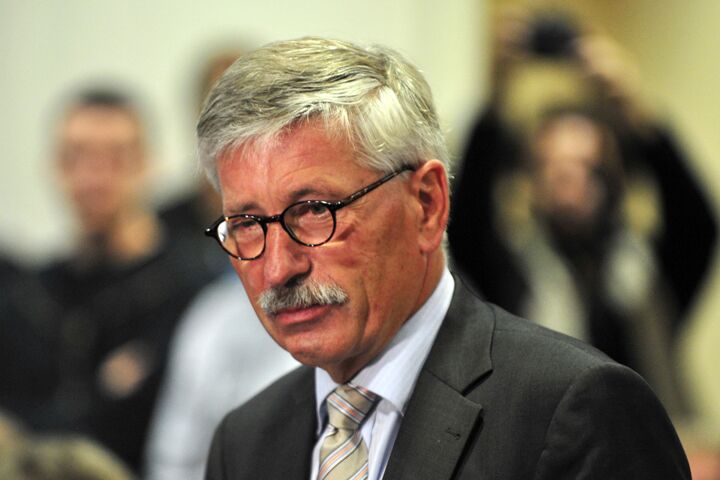
Germany: Immigration Debate Rages On
A political storm about immigration is brewing in Germany, with a prominent board member of the country’s central bank at its epicenter. Thilo Sarrazin, in a new book called Abolishing Germany—How We’re Putting Our Country in Jeopardy, claims that Muslim immigrants are destroying Germany’s prosperity.
In the book, Sarrazin details what he calls Germany’s demise, saying that constant immigration and higher birth rates among immigrants mean that Germany is effectively turning Muslim.
In an excerpt published last Thursday by the German daily Bild, Sarrazin said there were “good grounds” for worry about Muslims throughout Europe.
“There is no other religion with such a flowing transition to violence, dictatorship and terrorism,” he wrote.
“I don’t want the country of my grandchildren and forefathers to be in broad swathes Muslim, where Turkish and Arabic is widely spoken, where women wear headscarves and where the daily rhythm of life is set by the call of the muezzins,” Sarrazin wrote in an excerpt published by Spiegel Online on August 25.
Sarrazin stirred up additional controversy in an August 29 interview with Germany’s Welt am Sonntag, in which he said that all “all Jews share a certain gene, all Basques have certain genes that make them different from other people.”
While most leading German politicians have taken their obligatory turn criticizing Sarrazin’s remarks, this is not his first time stirring up such debate—and surviving the backlash.
In the fall of 2009, Sarrazin said that Arabs and Turks in Berlin “have no productive function other than in the fruit and vegetable trade,” that they mooch off the government, and “constantly produce little girls in headscarves.”
After his recent remarks, Sarrazin was urged to step down from the Bundesbank’s board, but he resisted the pressure and remained in his position. His central bank board membership and his seven-year run as Berlin’s finance minister fuel concerns that Sarrazin’s stance toward Jews and Muslims reflects a view shared by many in the German power elite. Also worrisome to some analysts is the fanfare of publicity surrounding the publishing of Sarrazin’s new book, and the vast amount of print that Germany’s media have devoted to his racist remarks.
Sarrazin appears to be striving to nudge the heated immigration debate into the direction of right-wing populists elsewhere in Europe, such as Geert Wilders in the Netherlands, who is gaining in popularity. In Germany’s politically restrained atmosphere, Sarrazin’s racist remarks, and the coverage the media gives them, are significant.
For decades, Europe has been tolerant of the steady growth of Islam’s presence in society. But headlines from the last few years reveal that tolerance to be thinning: the Danish Jyllands-Posten’s cartoons of Muhammad in 2005, France’s moves to ban burkas and deport Gypsies, the Swiss vote to outlaw new minarets, and the list goes on.
Bible prophecy makes plain that tensions between Europe and Muslims in and outside of the European Union will build and eventually culminate in a seismic blitzkrieg clash. We can expect anti-Islamic ideas from German leaders like Sarrazin to amplify in the months and years ahead. For more, read The King of the South and Germany and the Holy Roman Empire.
